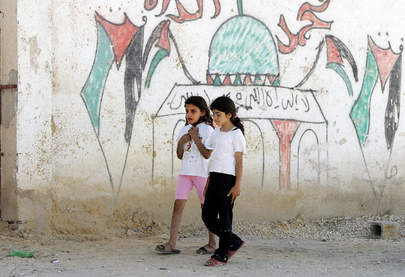Independent International Commission of Inquiry on the Occupied Palestinian Territory, including East Jerusalem, and Israel: First report released

The continued occupation by Israel of Palestinian territory and discrimination against Palestinians are the key root causes of the recurrent tensions, instability and protraction of conflict in the region, according to the first report by the new United Nations Independent International Commission of Inquiry on the Occupied Palestinian Territory, including East Jerusalem and Israel, issued on 7 June.
The Commission also noted that impunity is feeding increased resentment among the Palestinian people. It identified forced displacement, threats of forced displacement, demolitions, settlement construction and expansion, settler violence, and the blockade of Gaza as contributing factors to recurring cycles of violence.
The Commission released its 18-page report after conducting an assessment of recommendations made by previous Commissions of Inquiry and Fact-Finding Missions, as well as other United Nations mechanisms and its own hearings. In its assessment, key recommendations have not been implemented and this lies at the heart of the conflict. The Commission identified several overarching issues that lay at the core of most recommendations, including Israel’s failure to uphold the laws and customs of war, including those of belligerent occupation, violations and abuses of individual and collective rights, and a lack of accountability.
The report also noted that the Palestinian Authority frequently uses the occupation as a justification for its own human rights violations and as the core reason for its failure to hold legislative and presidential elections. At the same time, the de facto authorities in Gaza have shown little commitment to upholding human rights, and no adherence to international humanitarian law.
The report will be presented to the 50th session of the Human Rights Council on 13 June 2022. The Commission will conduct investigations and legal analyses into alleged violations and abuses, and will work with judicial accountability mechanisms toward ensuring individual, State and corporate accountability. The responsibilities of third States and those of private actors in the continued policies of occupation will also be carefully assessed.

